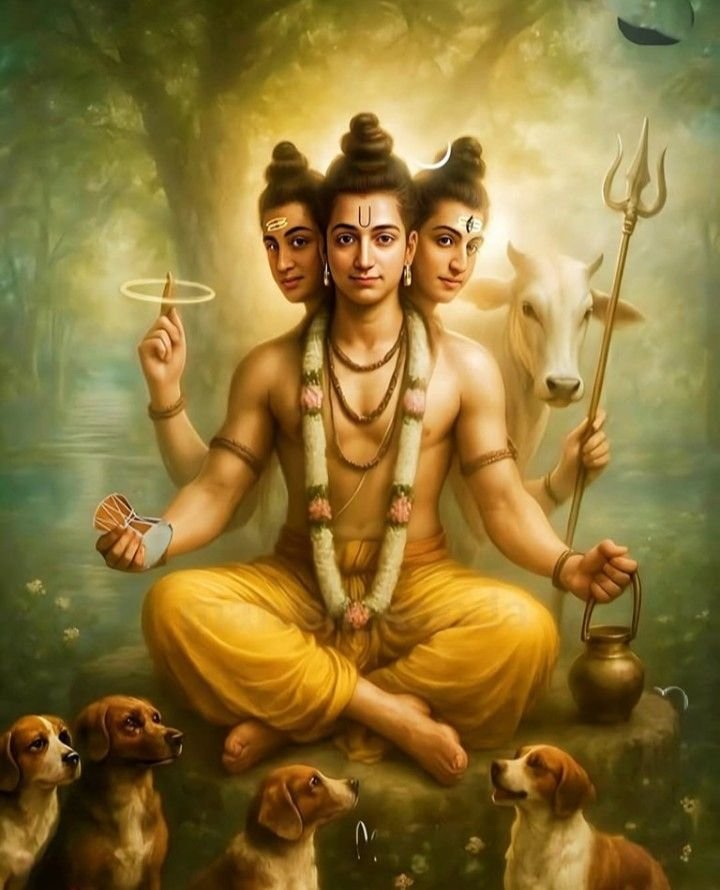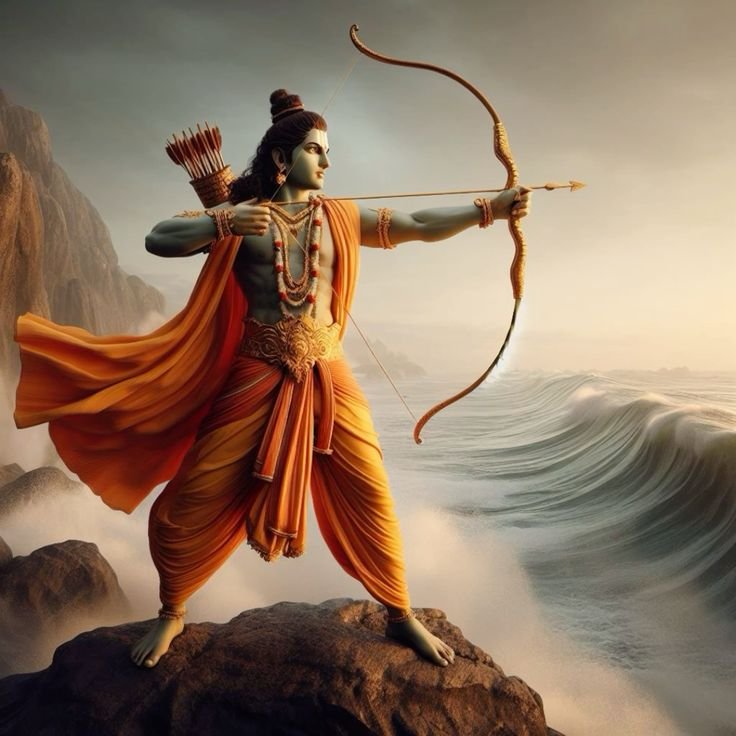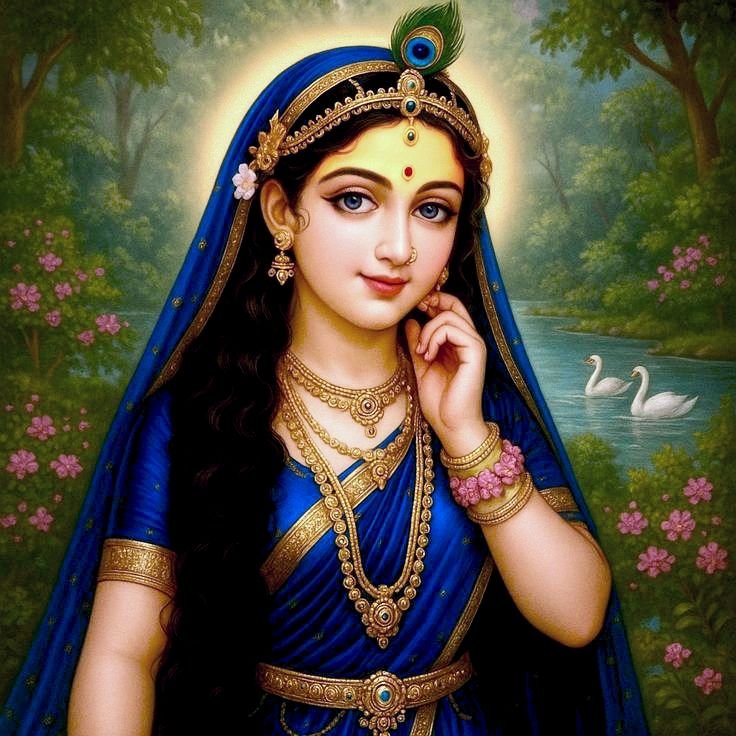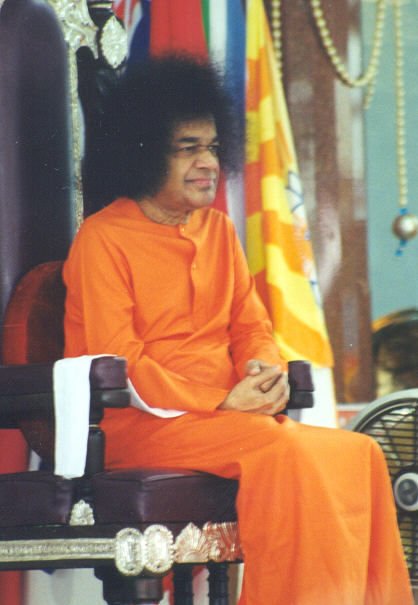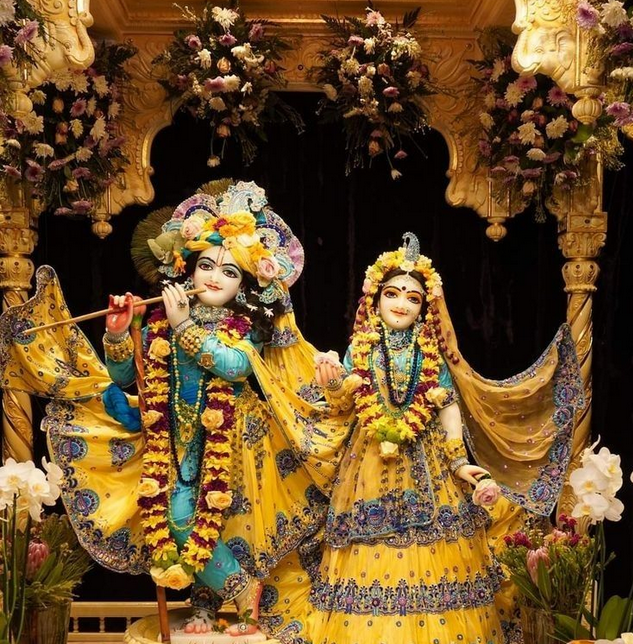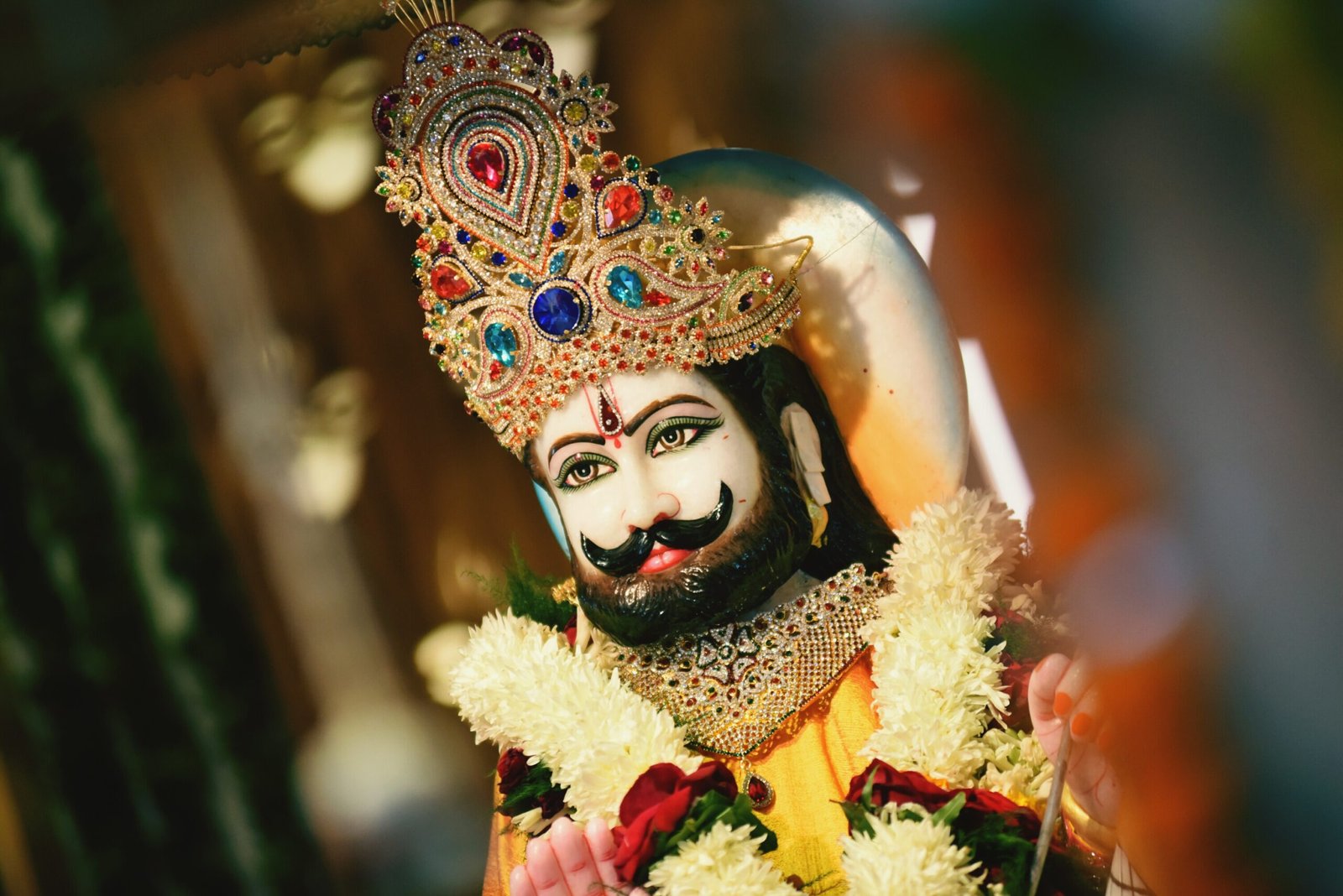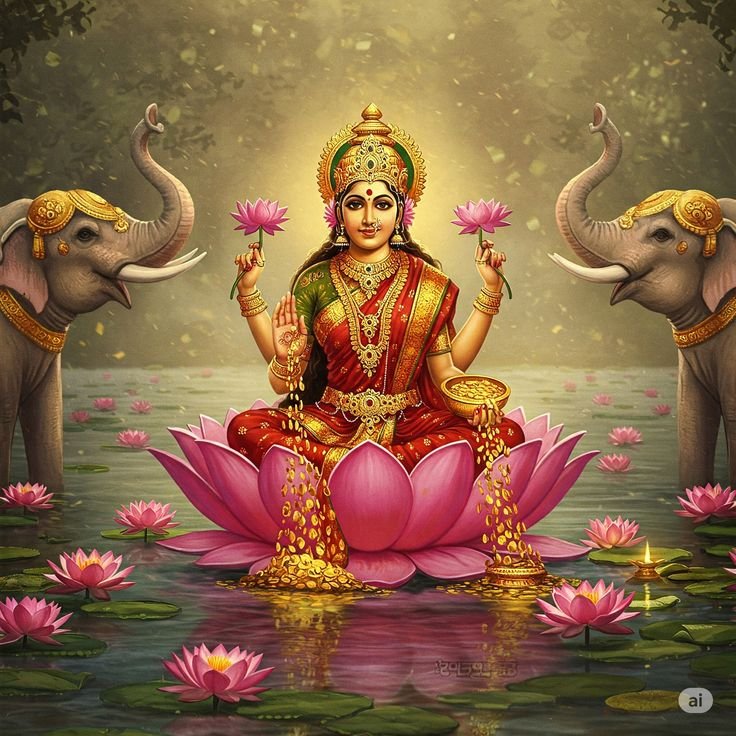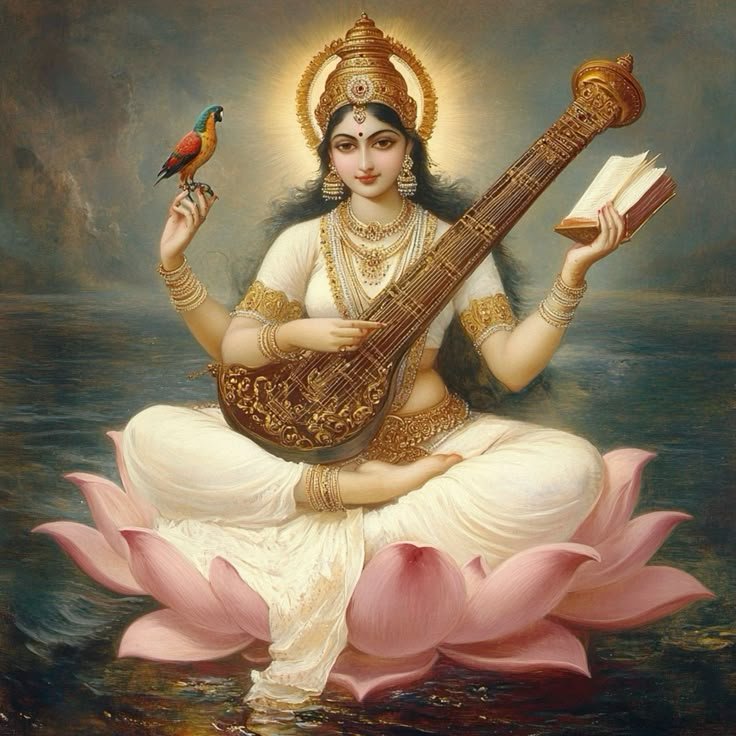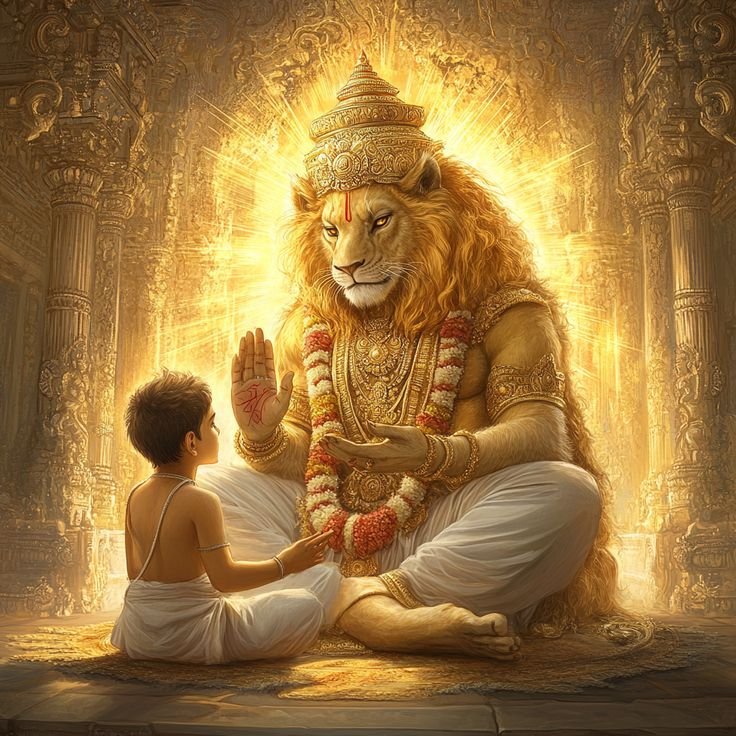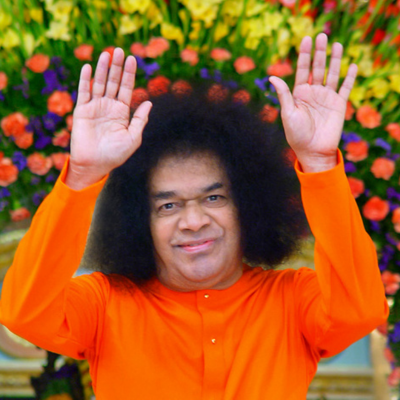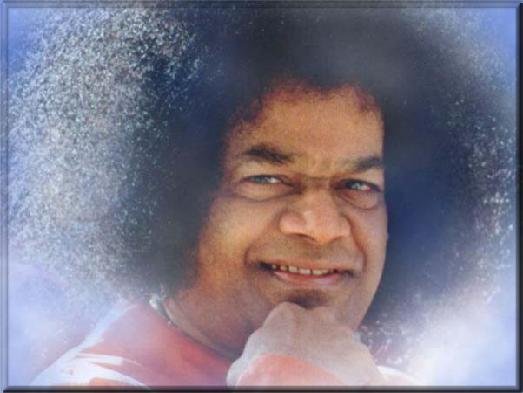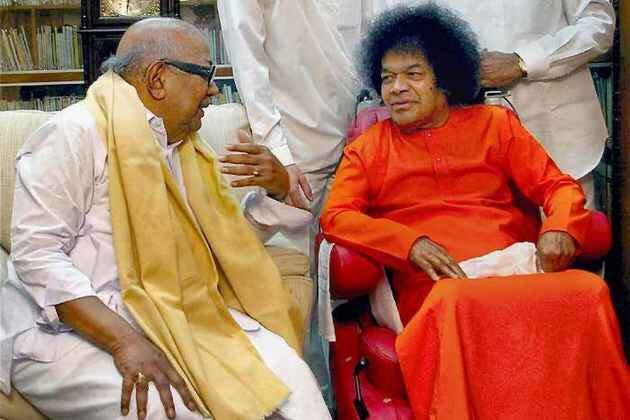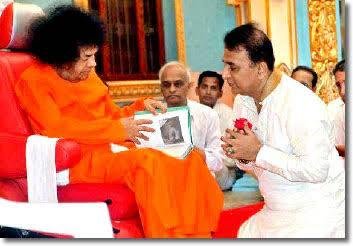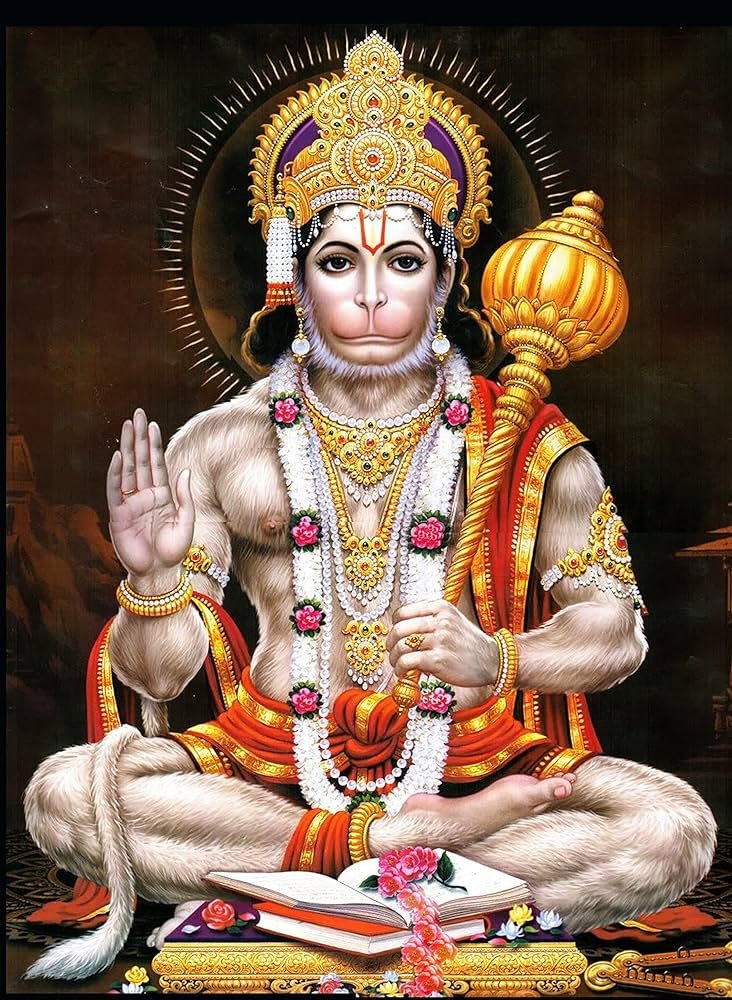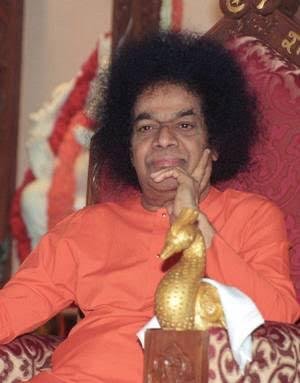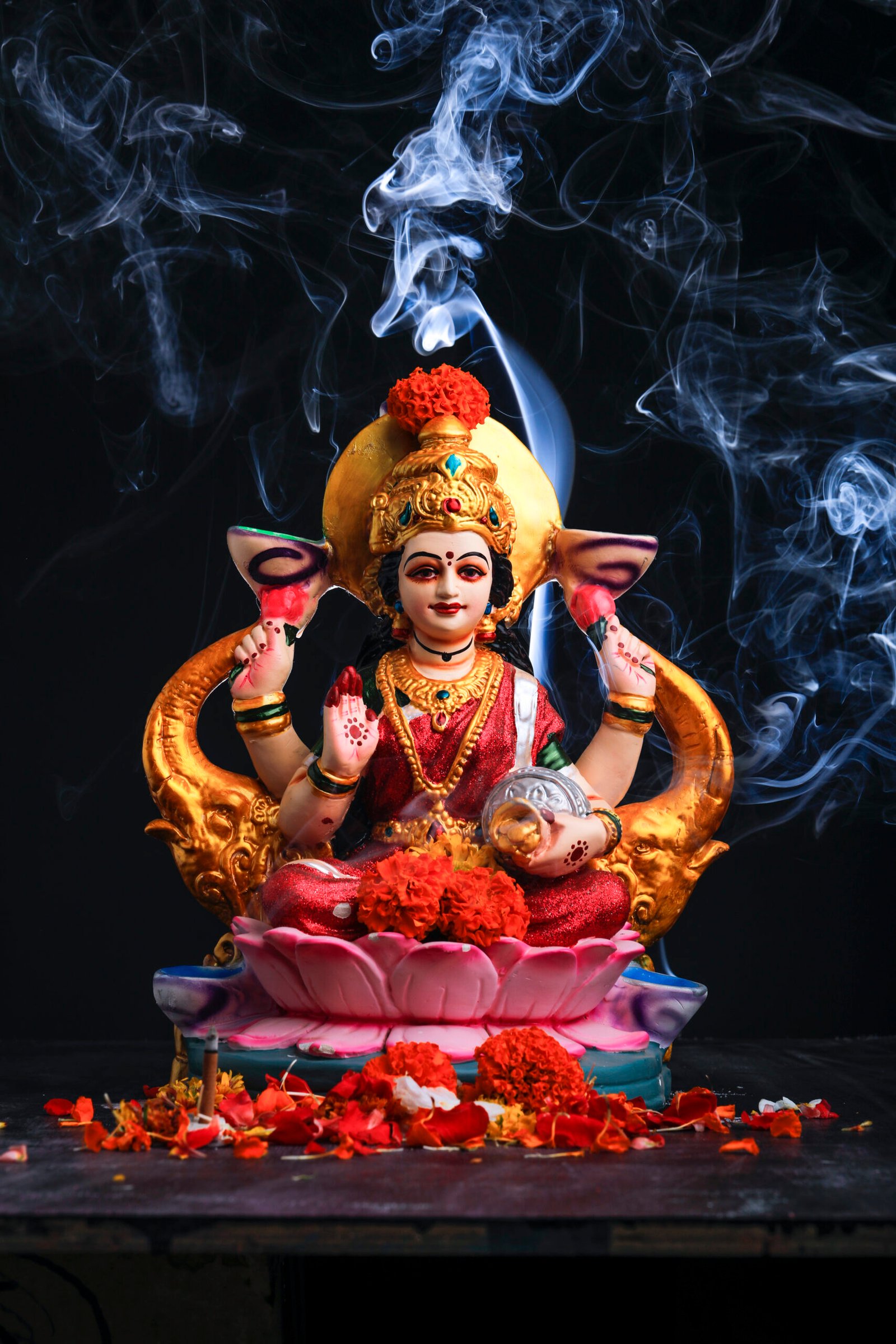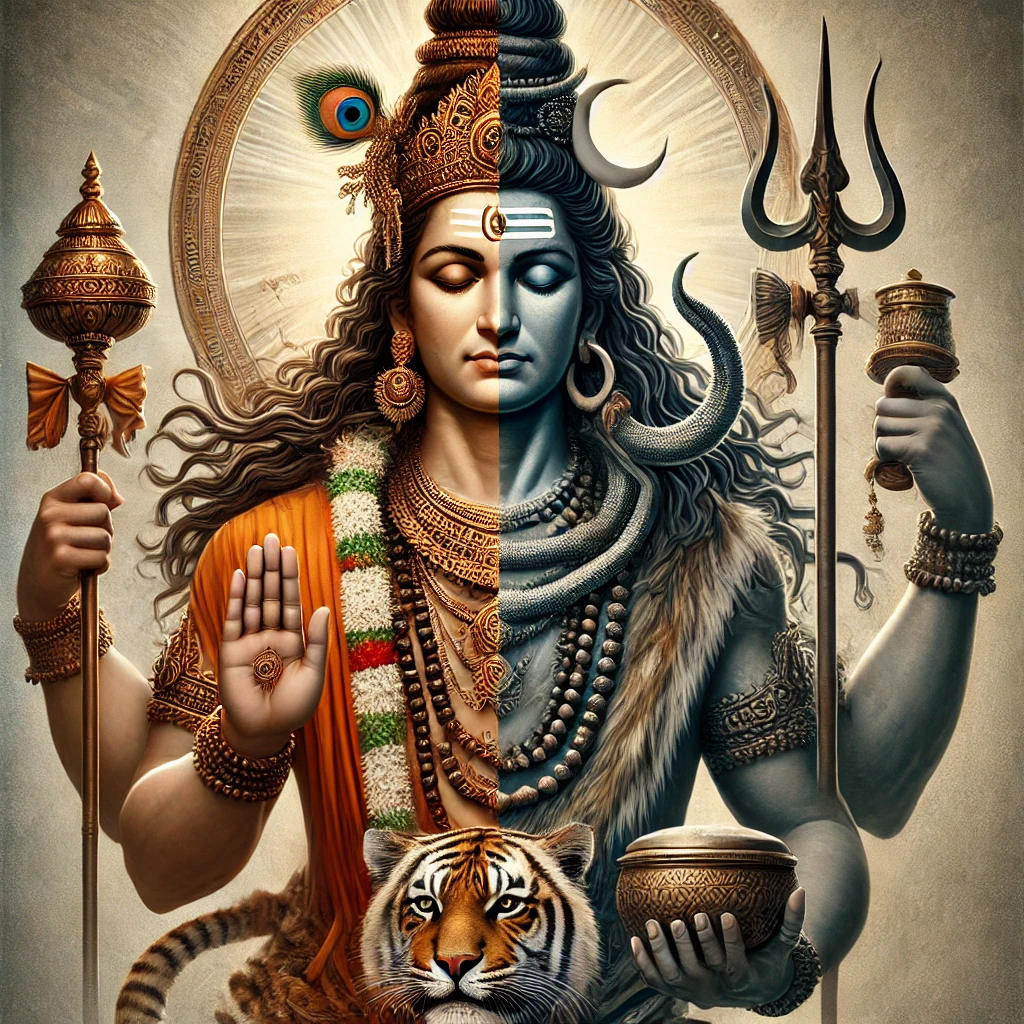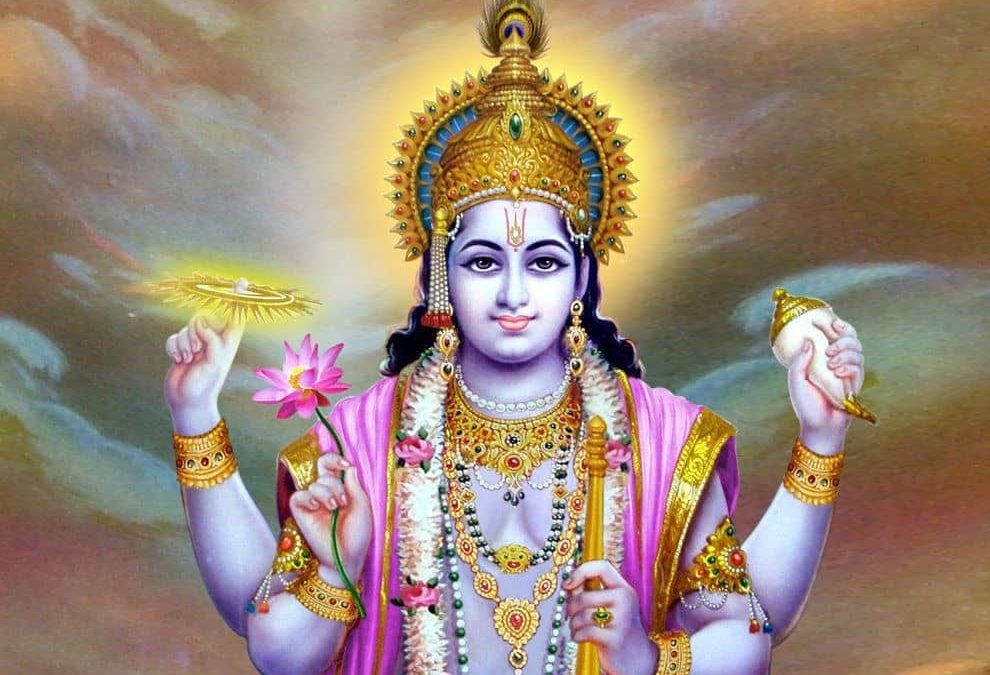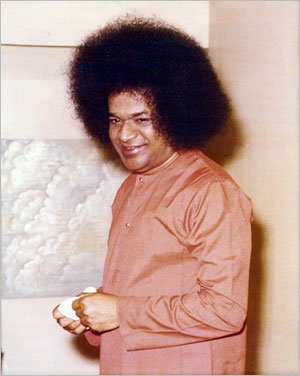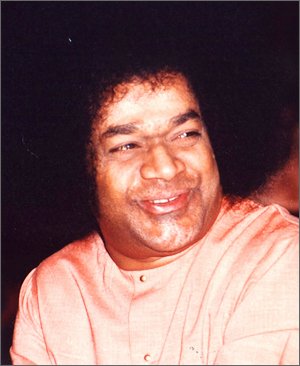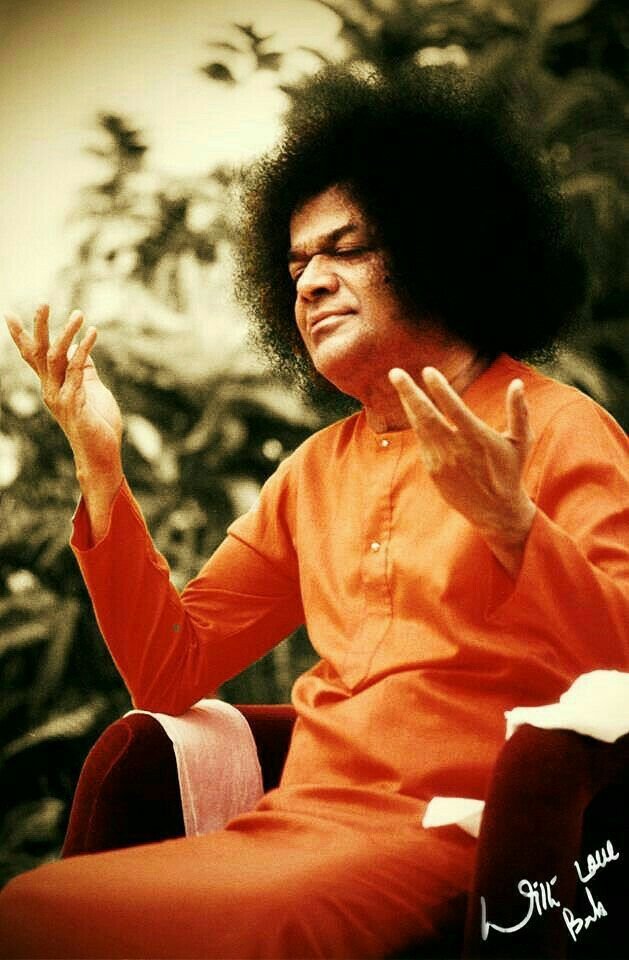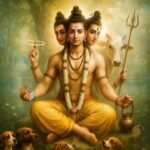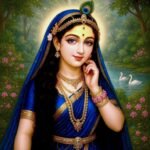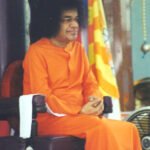Hindu Festivals Pongal
Pongal
Pongal is a popular harvest festival celebrated mainly in Tamil Nadu, dedicated to the Sun God for blessing farmers with a good harvest. It usually falls in mid-January and lasts for four days, marking the beginning of the Tamil month Thai. Families prepare the special dish “Pongal” made of newly harvested rice, milk, and jaggery, which is first offered to the Sun as gratitude. The festival includes traditions like decorating houses with kolam (rangoli), wearing new clothes, and honoring cattle for their role in farming. Each day of Pongal—Bhogi, Surya Pongal, Mattu Pongal, and Kaanum Pongal—has its own cultural significance. More than just a festival, Pongal is a celebration of nature, farmers, and the bond between people and their land, symbolizing prosperity, happiness, and togetherness.
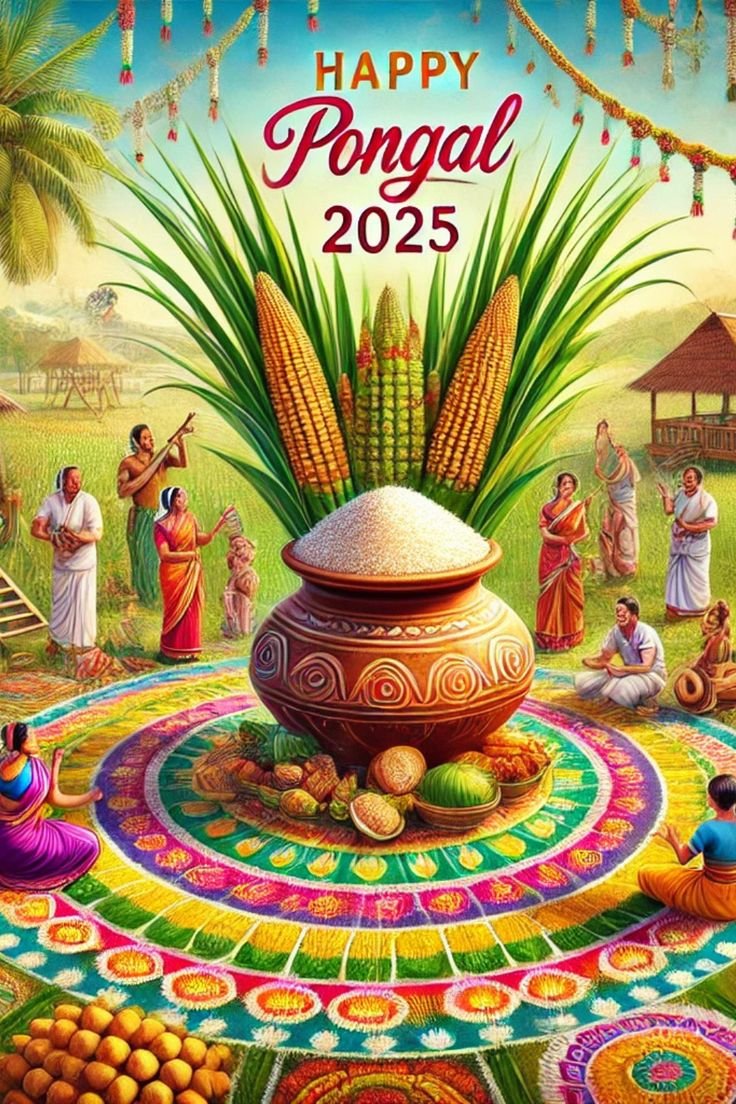

Pongal is a famous harvest festival of Tamil Nadu, celebrated in January to thank the Sun God and nature for a good harvest. It lasts four days—Bhogi, Surya Pongal, Mattu Pongal, and Kaanum Pongal—where families cook sweet Pongal, decorate homes with kolam, honor cattle, and celebrate prosperity with joy.

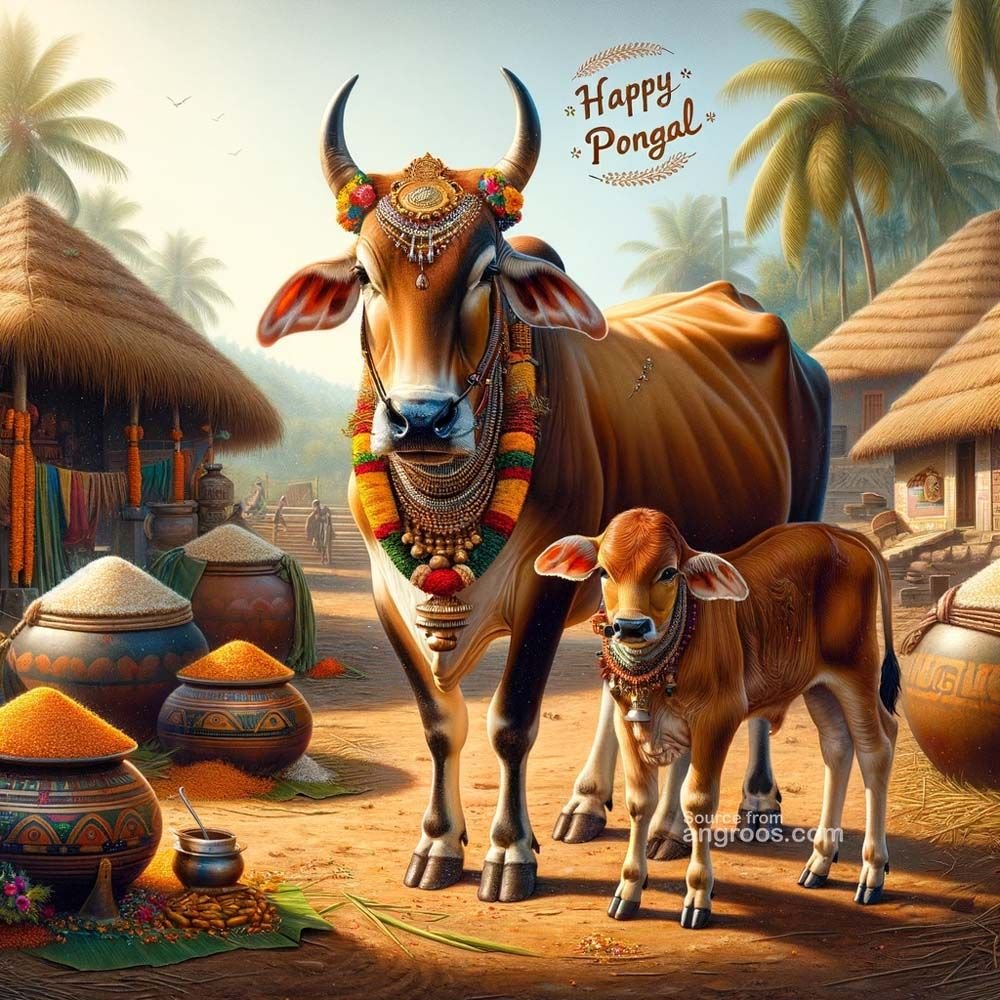

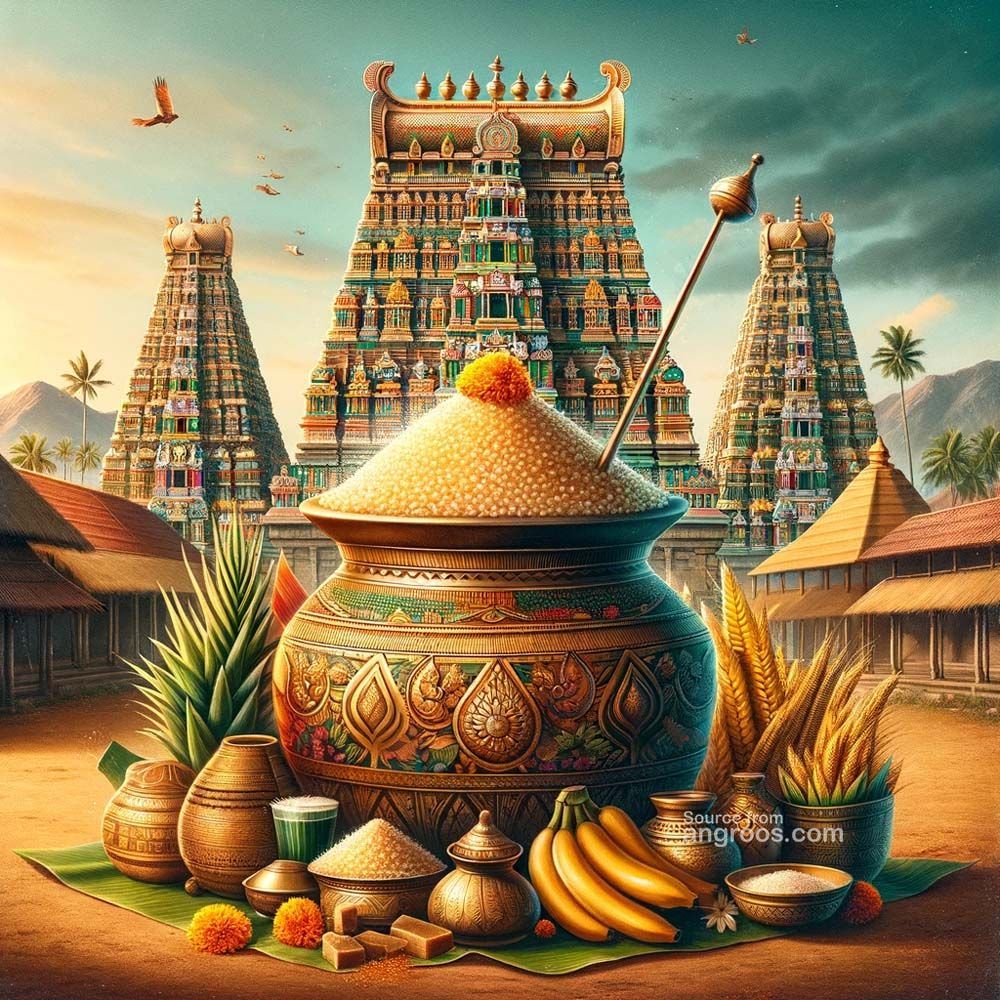


Rituals & Traditions of Pongal
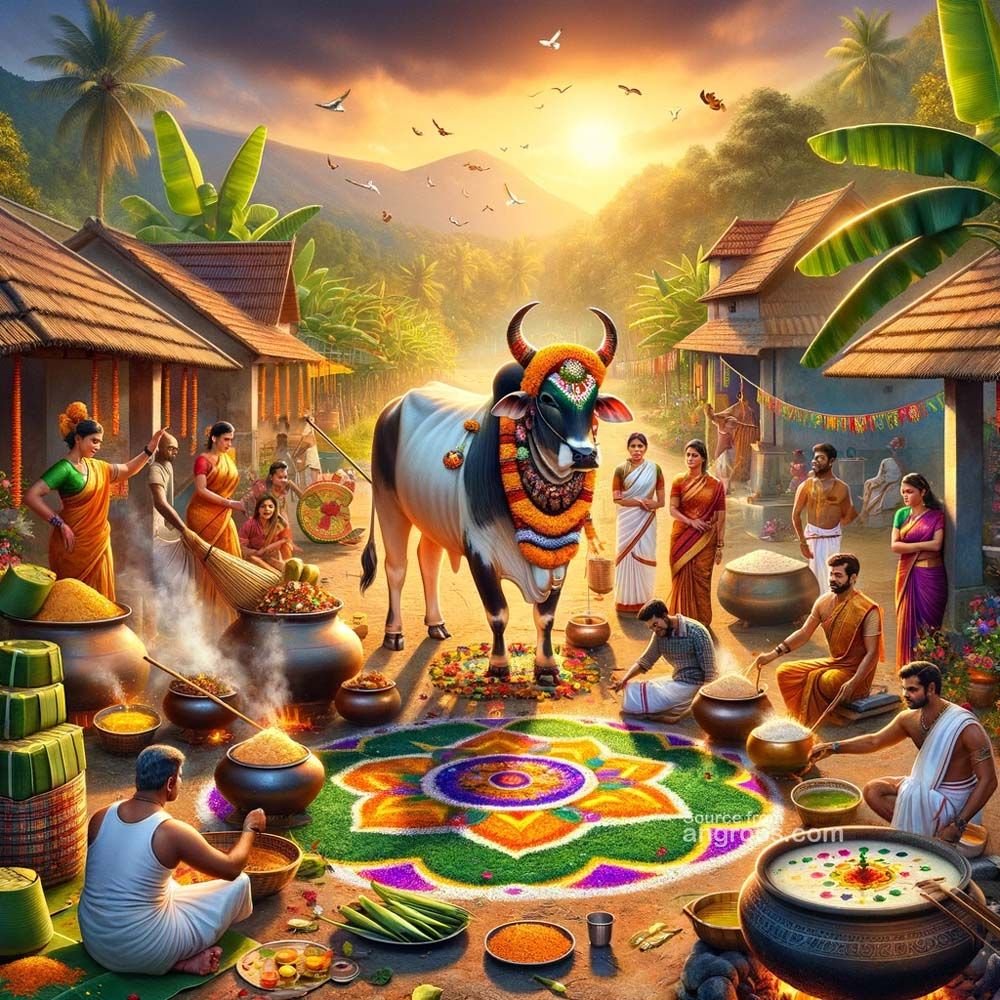
Pongal is one of the most important and vibrant festivals of Tamil Nadu, celebrated every year in mid-January. It marks the beginning of the Tamil month Thai and is dedicated to the Sun God, nature, and cattle, all of whom play a vital role in farming and human survival. Pongal is both a harvest festival and a cultural celebration, symbolizing prosperity, gratitude, and unity.
The festival lasts four days, each with distinct customs. The first day, Bhogi Pongal, is dedicated to Lord Indra, the god of rain. People clean their homes, discard old items, and light bonfires to welcome prosperity and new beginnings. The second day, Surya Pongal, is the most significant. On this day, families prepare the special dish “Pongal,” made from freshly harvested rice, jaggery, and milk. This is offered to the Sun God with prayers, symbolizing gratitude for warmth and energy that enable agriculture. The third day, Mattu Pongal, honors cattle, especially cows and bulls. They are bathed, decorated with garlands, painted horns, and worshipped for their contribution to farming. The fourth day, Kaanum Pongal, is a day for relaxation, family reunions, social visits, and cultural activities, strengthening bonds within the community.
During Pongal, homes are adorned with beautiful kolam (rangoli) designs, people wear new clothes, and villages celebrate with folk songs, dances, and traditional games. Beyond rituals, Pongal reflects the close connection between humans, animals, and nature. It is a reminder of the importance of gratitude, sustainable living, and harmony with the environment.
Overall, Pongal is not just a festival of harvest; it is a celebration of life, prosperity, and togetherness that fills homes and hearts with joy.
Spiritual Importance & Cultural Significance
Pongal is the grand harvest festival of Tamil Nadu, celebrated with great devotion and joy every year in mid-January. Falling at the start of the Tamil month Thai, it is dedicated to the Sun God, nature, and cattle, who are essential for agriculture and human sustenance. Pongal symbolizes gratitude, prosperity, and the harmony between people, animals, and the environment.
The festival spans four days, each marked with unique traditions. The first day, Bhogi Pongal, is dedicated to Lord Indra, the god of rains. On this day, homes are cleaned, old items are discarded, and bonfires are lit to welcome new beginnings. The second day, Surya Pongal, is the most important. Families cook the dish “Pongal,” made from freshly harvested rice, milk, and jaggery, in new clay pots. The preparation is done under the Sun, and when the dish boils over, people joyfully chant “Pongalo Pongal,” symbolizing abundance. The sweet dish is first offered to the Sun God in gratitude.
The third day, Mattu Pongal, is devoted to cattle, especially cows and bulls, who are decorated with garlands, bells, and painted horns. Farmers honor them for their immense contribution to agriculture. The fourth day, Kaanum Pongal, is meant for family gatherings, social visits, and outings, strengthening bonds of love and friendship.
Throughout the festival, houses are decorated with colorful kolam (rangoli) designs, people wear new clothes, and villages resonate with music, dance, and traditional games. Pongal is not just a harvest festival but also a cultural celebration of togetherness, gratitude, and sustainable living.
In essence, Pongal represents harmony with nature, respect for hard work, and the joy of sharing prosperity with family and community.
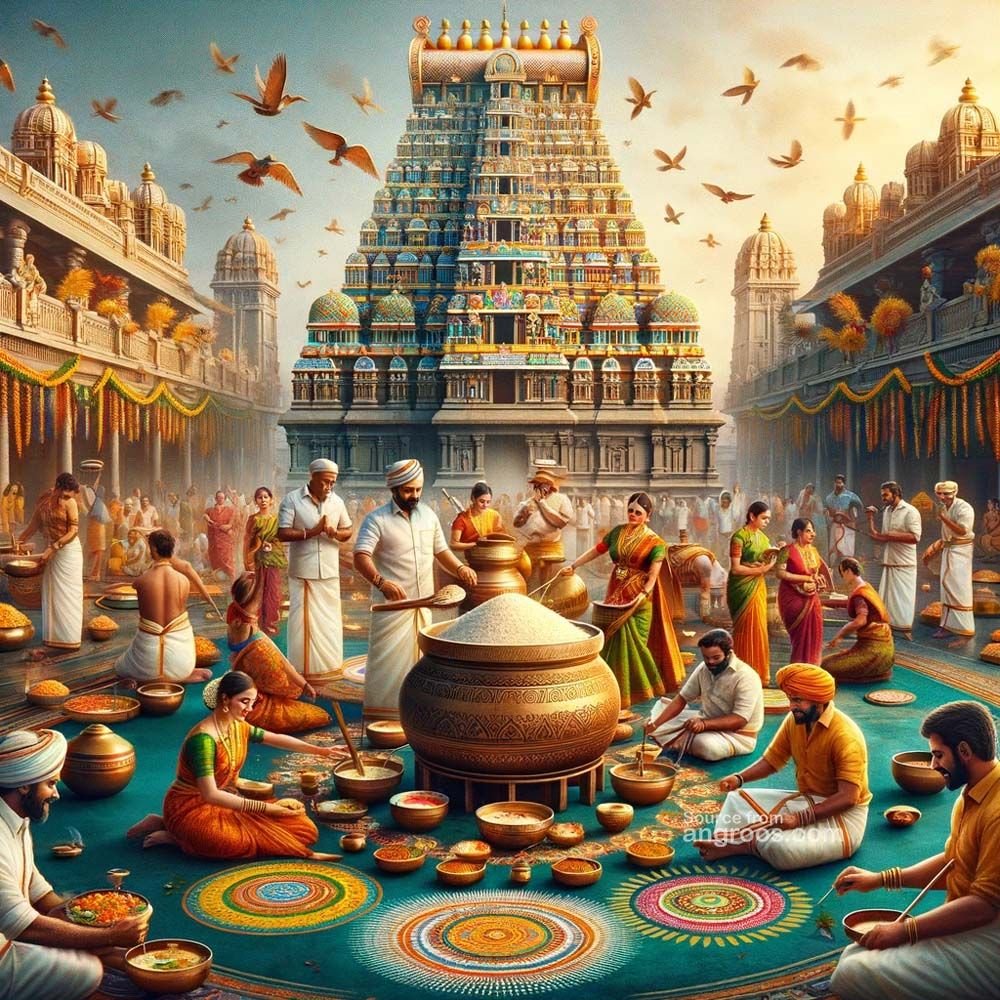

Food & Sweets & Modern Celebrations
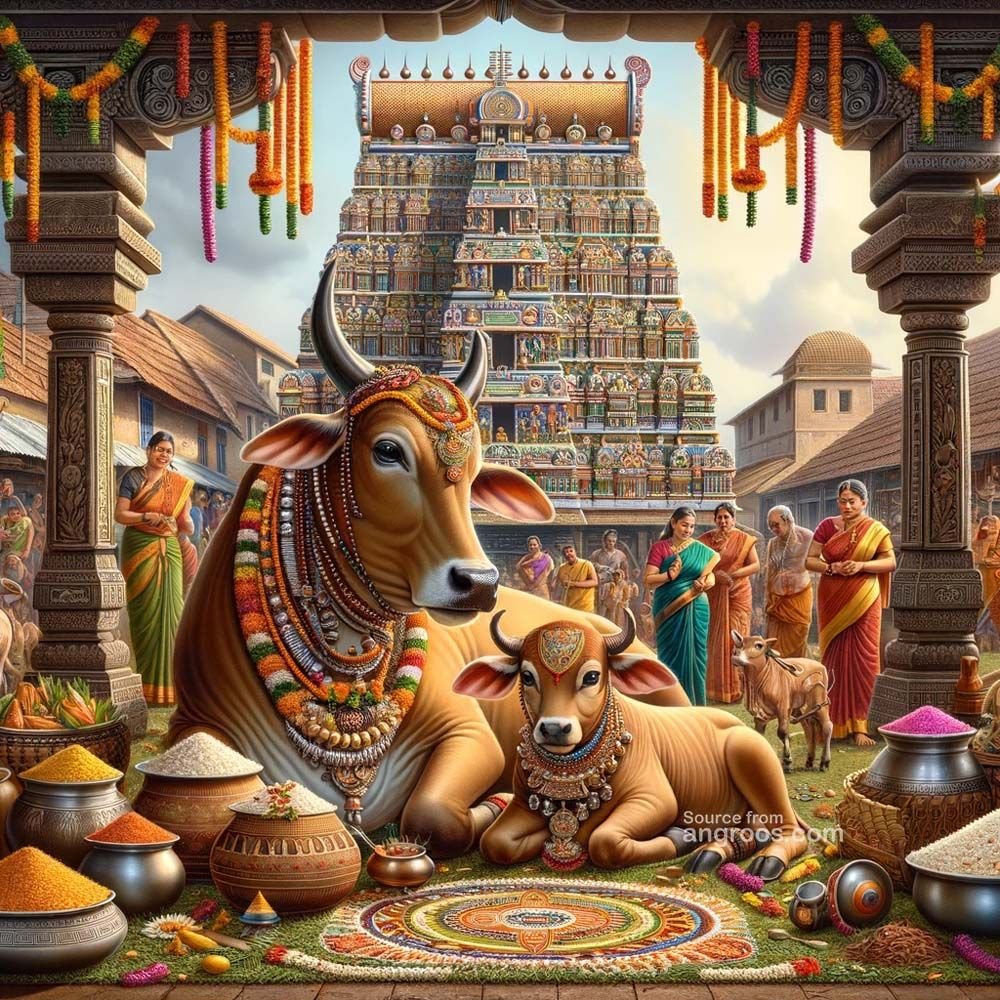
Pongal is one of the most celebrated and traditional festivals of Tamil Nadu, observed every year in mid-January. Falling in the Tamil month Thai, it marks the end of the winter solstice and the beginning of the harvest season. The festival is dedicated to the Sun God, cattle, and nature, all of which sustain agriculture and life. Pongal is not just a harvest festival but a cultural expression of prosperity, gratitude, and unity.
The festival lasts four days, each with deep cultural significance. The first day, Bhogi Pongal, honors Lord Indra, the god of rain. People clean their homes, discard old possessions, and light bonfires to symbolize the end of negativity and the welcome of prosperity. The second day, Surya Pongal, is the most important. Families prepare the dish “Pongal” with freshly harvested rice, jaggery, and milk in new clay pots. When the mixture boils over, people cheer “Pongalo Pongal,” signifying abundance. This dish is first offered to the Sun God in gratitude for his life-giving energy.
The third day, Mattu Pongal, is dedicated to cattle, especially cows and bulls, which are vital in farming. They are washed, decorated with flowers, bells, and painted horns, and worshipped with devotion. The fourth day, Kaanum Pongal, is a day for relaxation, social gatherings, and family outings, where people strengthen community and family ties.
During the festival, homes are decorated with colorful kolam (rangoli), people wear new clothes, and villages come alive with folk dances, songs, and traditional games. Urban areas celebrate Pongal with cultural programs, temple rituals, and community feasts, while Tamil communities abroad observe it with equal enthusiasm, showcasing their rich heritage.
Pongal beautifully reflects the deep bond between humans, animals, and nature. It is a reminder to live with gratitude, share prosperity, and preserve traditions while embracing togetherness.

